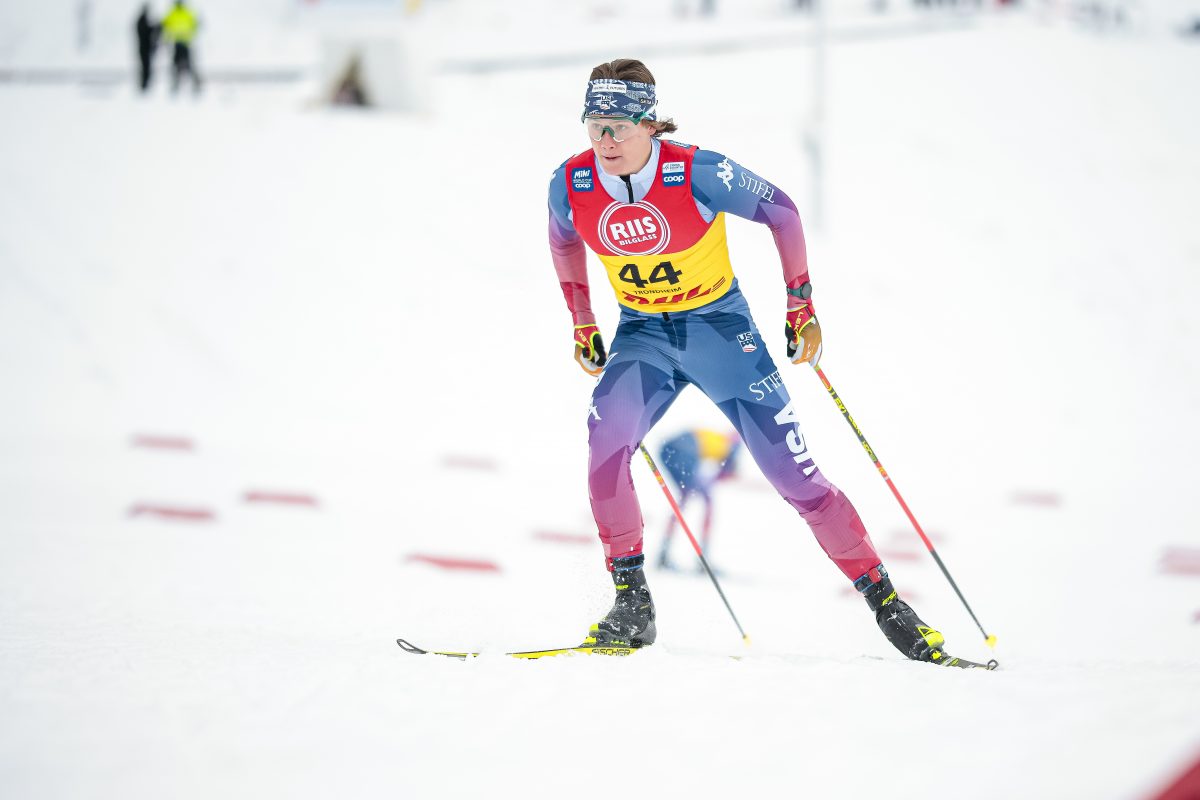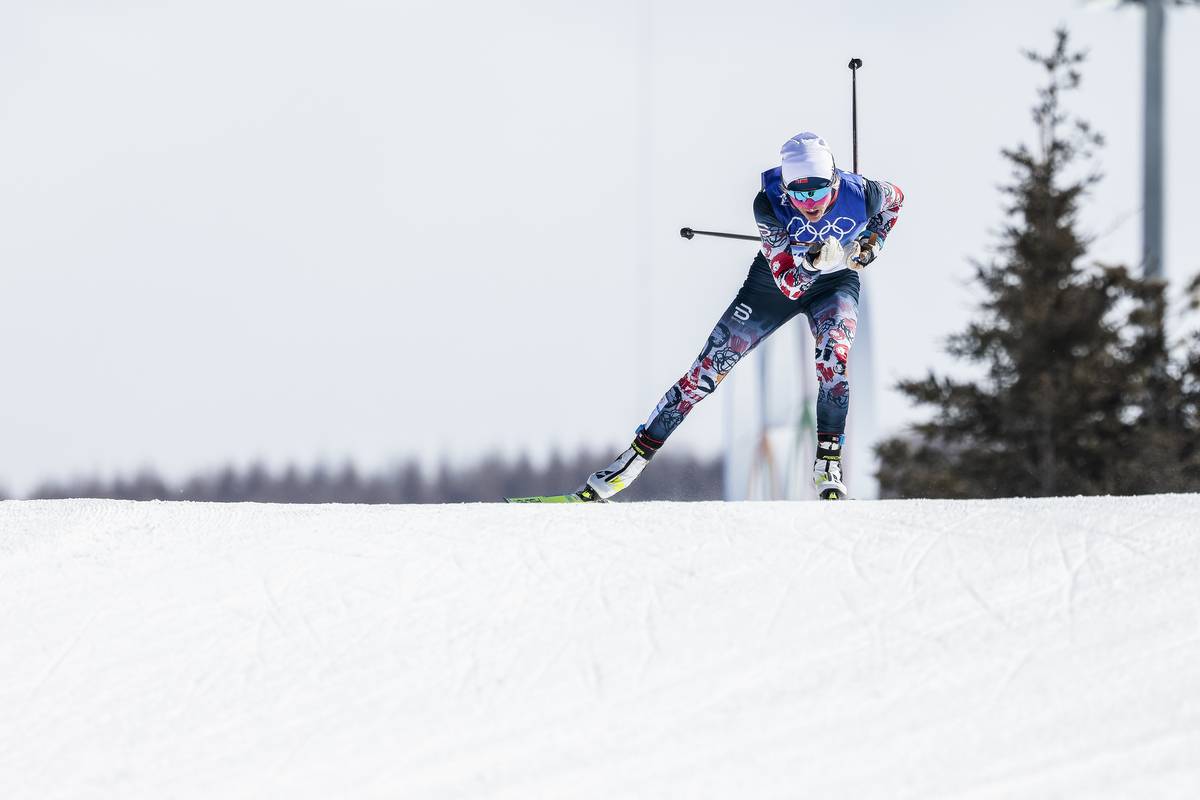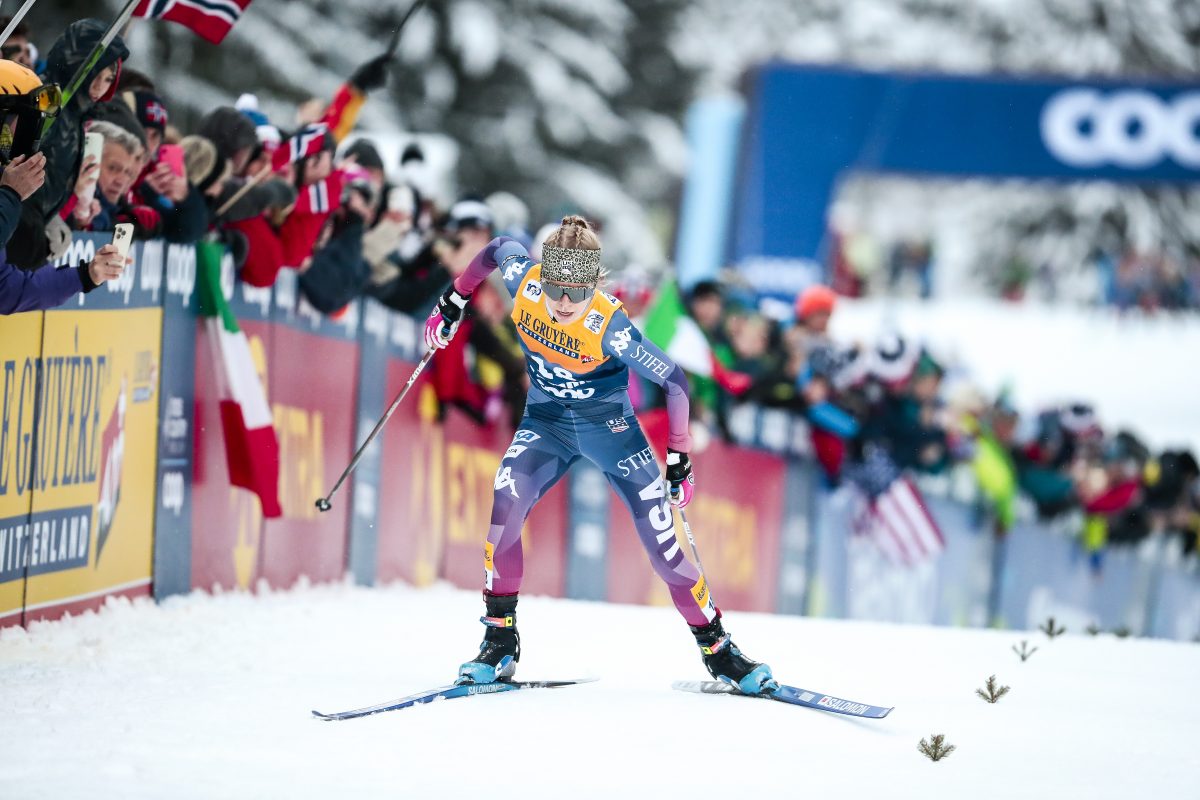SEPTEMBER TRAINING FOR GOOD ADULT SKIERS
Hi again. We’re back with some training suggestions for the month of September. It’s now just over 2 months before the ski season may start. In some places we’re already seeing sub-freezing temperatures at night, but we’d still like to see a nice and warm September month suited for good dryland training.
Many of you may be starting to feel the pressure of the upcoming racing season, but if you’ve done your base training well, you should have nothing to fear. Experience tells us that the most common mistakes are done in September and October. Those athletes who “win” all the hard sessions in September and October will normally experience a poor ski-season.
Some of the hard intensity sessions should feel “heavy” due to the high training volume, and due to not having (hopefully) peaked already. Improvements should be seen (in times etc), but you may not necessarily feel faster or lighter. Restitution and recovery now becomes very important. If your legs feel tired/heavy it is important to react seriously. For example, if your legs feel tired when walking up-down stairs, you need to take a couple of days off. Such simple rules can help in the long term. But, don’t be afraid of going hard during the quality/interval sessions; just use some common sense.
Sit down with your coach (or by yourself) and decide what you need to work on the most in September. Perhaps you need less volume and more intensity, or the opposite. Perhaps you feel muscularly overall strong in your body, so focusing on specific strength and just maintaining general strength would be good?
The common rule is: More volume, less intensity. Less volume, more intensity.
Periodization can be the same as earlier. If you or your team does a training camp every fourth week, your periodization should go over 4 weeks. Personally I feel a 3-week periodization is the simplest way and the easiest to control.
Here’s an example for a medium training week:
Monday: AM Hard intervals, PM Off
Tuesday: AM Short distance, PM Strength
Wednesday: Two distance sessions
Thursday: Two distance sessions, longer than on Wednesday
Friday: AM Controlled intervals (not too fast), PM Easy recovery or off
Saturday: AM Short distance, PM Strength
Include some explosiveness in one of the strength sessions and some speed with the controlled interval session – both after the warm-up part. I suggest only one daily session on the hard interval day, to ensure good recovery. Next day includes a PM strength session, to even further let you recover from the hard intervals. The following two days are fairly easy (slow speed) before the next hard session. The purpose of this is to let your muscles recover during the two easy distance days. Distance training is the most important training method we use; just read your own training log. You do more distance training than anything else. And in case you didn’t know: DISTANCE TRAINING IS GOOD VO2 TRAINING.
If you’re on a 3-week periodization, the medium week should be followed by a hard week. Take a rest-day on Monday, and a medium day on Tuesday (controlled interval session for example). You can then train lots of volume, and some intensity, during the next 5 days, and still not “over-train”.
Getting tired is OK; being tired is actually the purpose of training. Break down, and then build up again. This can not be repeated enough! The training should be made simple and fun. It is of course always possible to create a very complicated training program and achieve great results, but as long as you can achieve the same in a simple way, why not? At the same time, you should be inquisitive about new training methods. However, never “jump on” them until they’re proven and documented.
As I’ve said before, this is my suggestion. Don’t follow it 100% as written, but adapt it to your individual situation and use it as a guide. However, just to say it, many skiers have followed this concept and been successful.



